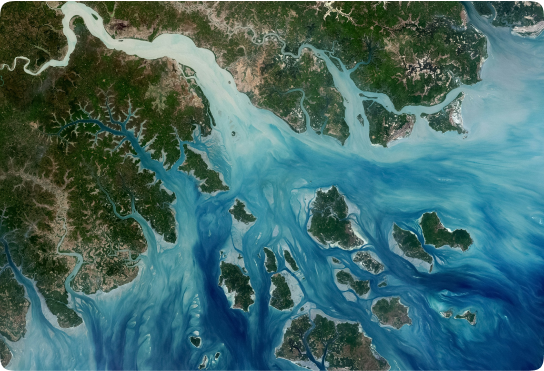
Republic of Guinea-Bissau
Guinea-Bissau is located on the west coast of Africa, with a total area of 36,125 square kilometers, consisting of 1 continent and 88 islands; the population is about 2.07 million.
Guinea-Bissau is one of the 15 member states of the Economic Community of West African States (CEDEAO). CEDEAO has 350 million consumers, and the member states implement the free flow of people, materials and funds. Therefore, investing in Guinea-Bissau is the gateway to CEDEAO.
Guinea-Bissau is also one of the eight member states of the West African Economic and Monetary Union, with more than 123 million consumers in the union, all using the CFA franc.
Therefore, investing in Guinea-Bissau can enter the market where the above-mentioned assets and services are freely circulated, and can also enjoy the right to do business and set up enterprises in other member states of the organization in accordance with relevant rules.


Investment Summary
Guinea-Bissau has good natural conditions and can engage in agriculture, animal husbandry and fishery; it welcomes foreign investors and has a low market threshold; it has abundant labor and cost advantages; and its primary products are cheap.
The Guinea-Bissau government's policy agenda is committed to poverty reduction plans, power construction, port projects, communication networks, fishery facilities, road construction, aviation facilities and tourism development. Guinea-Bissau is an agricultural country, and 80% of the country's population makes a living from agriculture; fisheries and forestry are also important local resources. The local area has about 70,000 square kilometers of exclusive economic zones and a forest area of 2.34 million hectares. The service industry also accounts for a considerable part of the local economy, mainly trade and catering services. The industrial foundation is relatively weak, and mineral resources have not been effectively developed.
According to the 2023 World Investment Report released by the United Nations Conference on Trade and Development (UNCTAD), by the end of 2022, Guinea-Bissau had absorbed US$320 million in foreign direct investment. In terms of China's investment in Guinea-Bissau, according to the 2022 China Outward Direct Investment Statistical Bulletin, by the end of 2022, China's direct investment in Guinea-Bissau was US$25.06 million. In addition to investing in the construction of fishery equipment warehouses, it was mainly trade companies registered by private enterprises or individual merchants.
Commodity Trade
In 2022, Guinea-Bissau's main export destinations are India, China, Singapore, Cape Verde, etc.
The main export goods are cashew nuts, fish and shrimp; the main import sources include Portugal, Senegal, Pakistan, etc., and the main import goods are minerals, steel, and beverages.
In 2023, China's exports to Guinea-Bissau were US$60 million, mainly refined rice, mobile communication base stations, shoes and boots, etc.; imports from Guinea-Bissau were about US$1,500, mainly machine parts.

Bissau Introduction
Bissau is the capital of Guinea-Bissau, located at the mouth of the Reba River on the Atlantic coast. It is the country's largest city and has the largest port. It is the administrative and military center of the region and the country, and is also the capital of the Bissau Autonomous Region.
Bissau is a large port city with import and export infrastructure in place, such as a customs office. Tariffs are low on all industries except luxury goods and alcoholic beverages.
A strong port city as well as a trade centre, Bissau is the largest city in the country. In addition to municipal institutions, it is the seat of political, administrative and military power. Bissau has an excellent natural port through which Guinea-Bissau exports coffee, rubber, timber, cotton and sugar. Bissau has recently been investing in tourism and is famous for its annual Carnival festival.
Sister cities of Bissau include Águeda, Lisbon and Mora in Portugal, and Praia in Cape Verde.


No Data